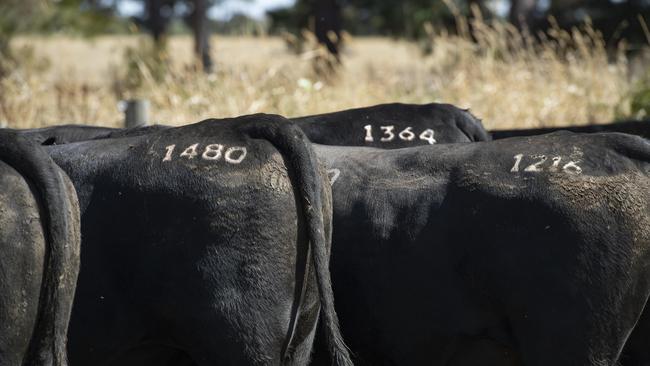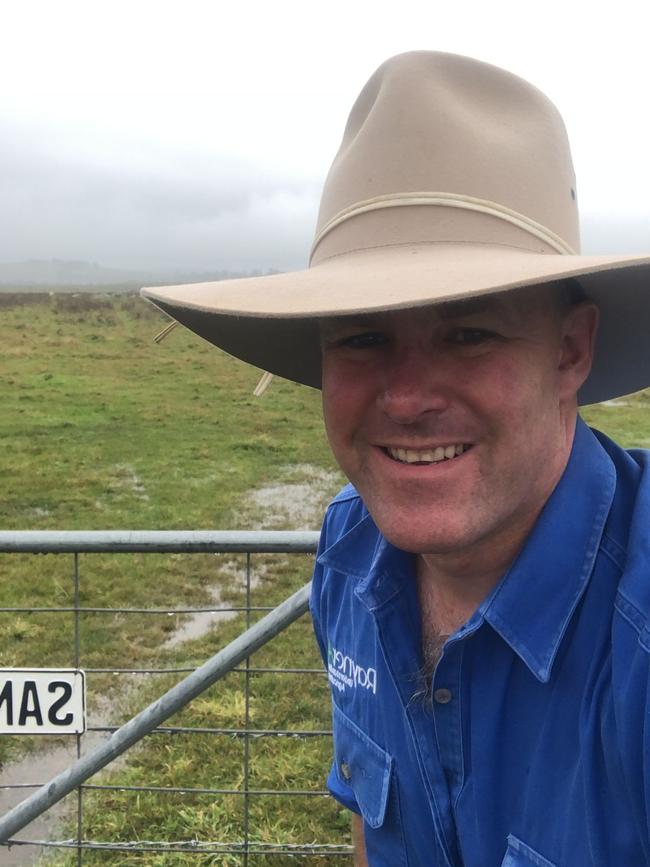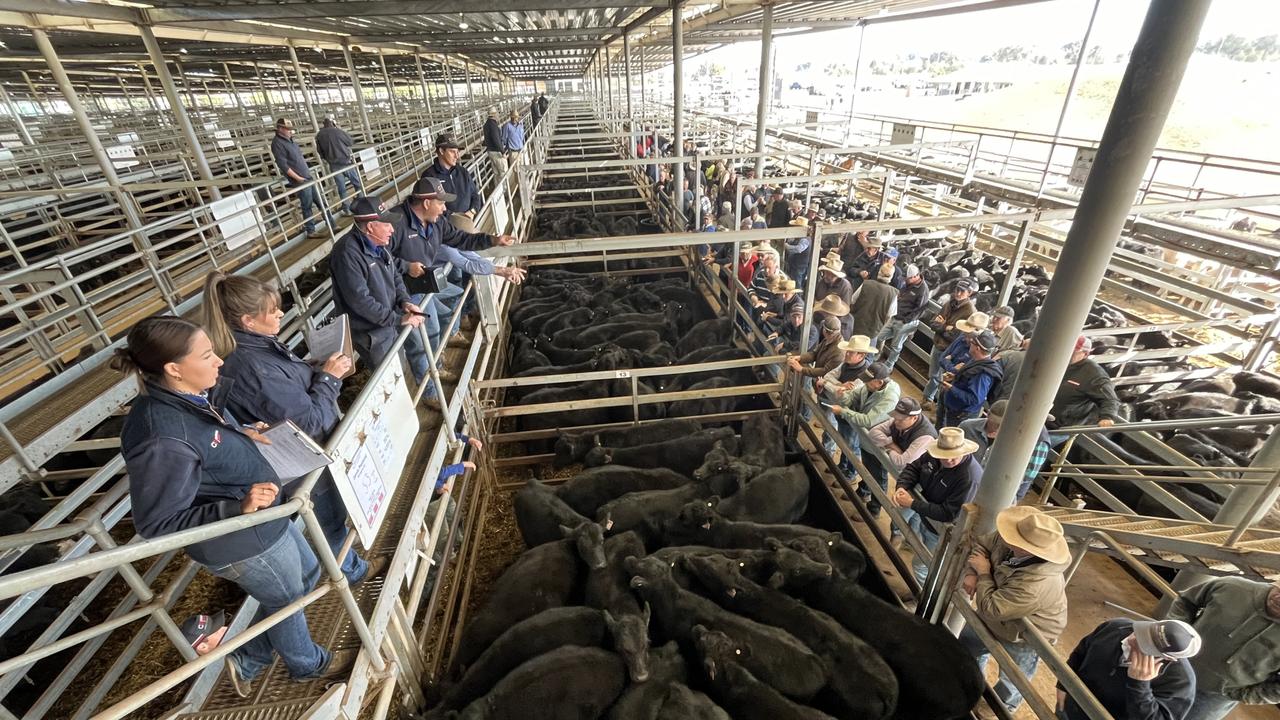Bull fertility testing
Testing beyond minimum standards can be the difference in avoiding “disappointing” breeding outcomes, but it is not a perfect solution.

When purchasing a bull the expectation is for a producer to get it home, put it in with the cows and nature does the rest.
While it is rare, because the bulls have usually been tested prior to sale, there are times when a bull isn’t fertile, which can have major impacts on the herd.
Most bulls sold will have had a breeding soundness examination that state they meet the minimum standards for fertility and reproductive health.
The standardised Bullcheck™ Veterinary Bull Breeding Soundness Evaluation developed by the Australian Cattle Veterinarians uses prescribed assessments and if a bull meets all the minimum standards it has a high probability of being fertile.

According to the Australian Cattle Veterinarians in common law, a bull sold as a breeding bull should be able to breed (Supreme Court of NSW, Decision), so it is important that as many as possible of the components of fertility are met in the evaluation.
“A pass on Bullcheck™ is not an express guarantee, but rather an indication of the potential breeding value of the bull in a normal mating situation,” ACV said.
If an illness or stressor has rendered the bull temporarily infertile it can take more than six weeks for the sperm to be functional again.
The only way to be sure of sperm fertility is with a morphology and motility test, undertaken as part of a bull breeding soundness evaluation by a vet.
RaynerAg principal Alastair Rayner, a beef industry consultant, said a bull breeding soundness evaluation was important to ensure breeding outcomes weren’t disappointing.
He said the main, or only, negative with a bull breeding soundness evaluation is that it is based on that point in time.
“It doesn’t necessarily guarantee if a BBSE is passed, the bull will still be fertile at breeding time,” Mr Rayner said.
Mr Rayner said if a bull was injured, they got into a fight or had an illness it could have a detrimental impact on sperm, and it then can take six to eight weeks for the sperm to be functional again.
“There is always risk in a biological system, but without a BBSE you won’t know the situation, so that is a bigger risk,” he said.
“By not knowing a bull’s fertility you compromise on other things, such as putting out more bulls than you need to.

“Research shows people put out 6 per cent of bulls out because they don’t test, but when they do test they put 2 per cent out, plus one. So testing a bull before joining can cut the mating load back and cuts the risk of a bull not performing.”
“Putting a bull out that is sub-fertile but more dominant could result in a lower pregnancy percentage.”
He said by definition from ACV if a bull passes a BBSE the bull has ability, by natural service, to get 60 per cent of cows (at a ratio of 1:50) pregnant within three weeks, and 90 per cent in nine weeks.
“A BBSE isn’t just assessing fertility, it is fitness and their ability to make it through the joining period.”
The BBSE includes a semen exam to evaluate sperm motility and morphology as well as a physical exam. The bull is evaluated for overall structural soundness, reproductive development, testicular size and health, and the physical characteristics of the bull including mobility and athleticism in the pasture.
Mr Rayner said it was extremely rare for a bull not to have a BBSE done before sale and usually for seedstock producers it was the first level of culling for their sale draft.
And while he said in those instances when a bull’s assessment showed they were marginal or just on the line for fertility, they could be retested in six weeks.
Mr Rayner’s advice was to check bulls each year prior to joining and when buying in new bulls, it was important to look at bulls well before the sale day and ask for sale preparation information.
“Some bulls can be over-prepared, this can be more of a risk at multi-vendor sales due to some vendors overfeeding bulls, and you want to make sure a bull can maintain its nutrition and condition between testing and post-sale.”





